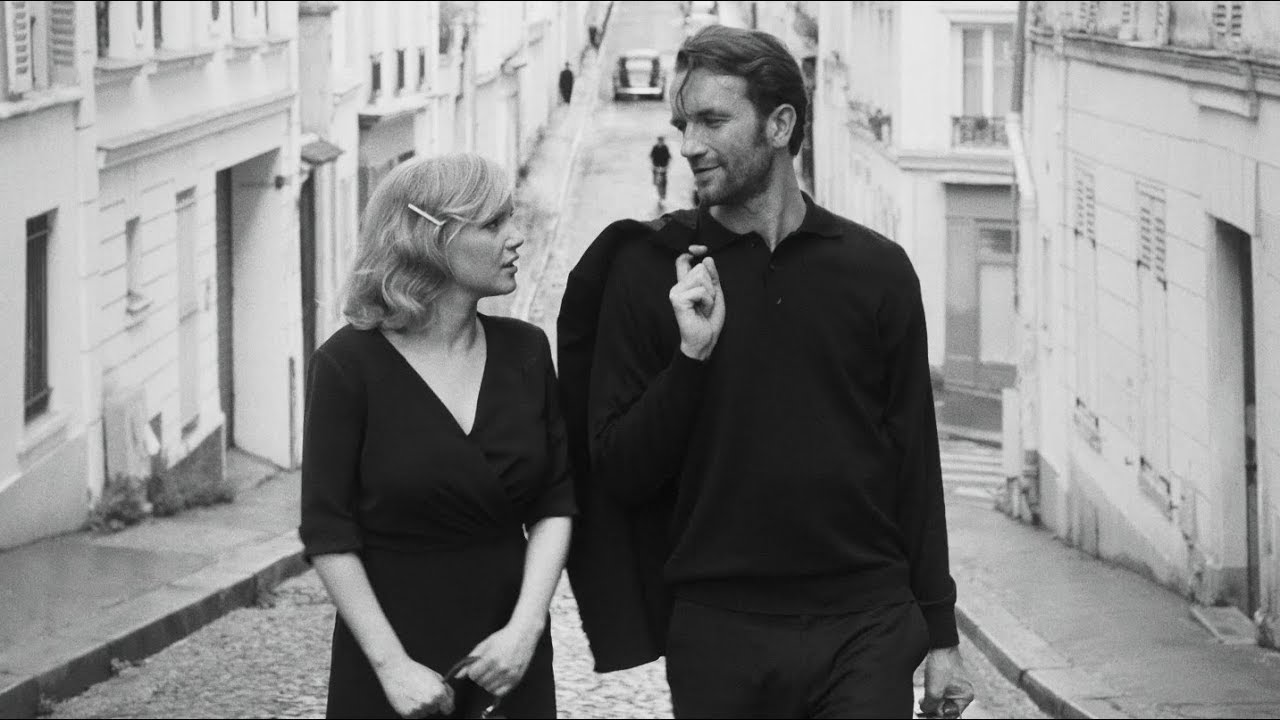COLD WAR. Visually Impressive And Simply Beautiful
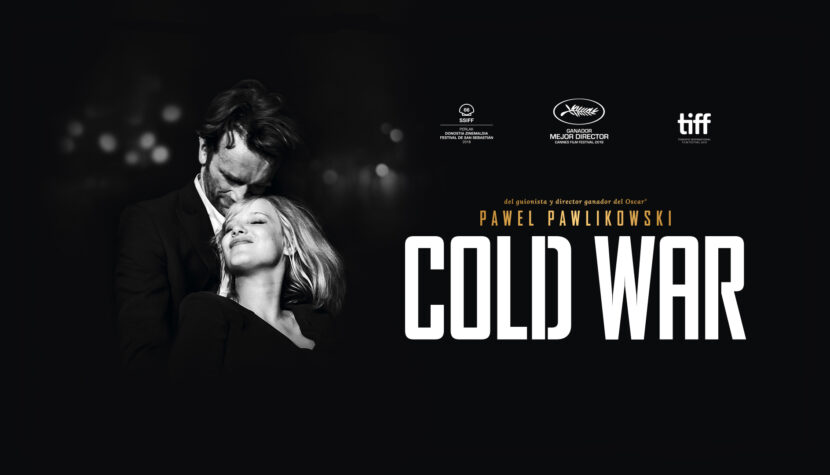
The raw, black-and-white frames are staged with care and meticulousness, perfectly polished. Thoughtful minimalism. And although the plot is equally compelling, the visuals play the leading role in Cold War. This time, Pawlikowski sets the scene in the muddy, awakening-from-lethargy Stalinist Poland of the 1950s and 60s, as well as the smoky jazz clubs of Paris.
The year is 1949. Cold War begins with auditions for the folk ensemble Mazurek. Soon, with a new lineup and under the watchful eye of the party’s emissary, the group is set to work on a repertoire that celebrates Polish folklore. Composer Wiktor (Tomasz Kot) spots Zula (Joanna Kulig) among the crowd of young participants, a girl with a troubled past, rebellious, strong-willed, and with a powerful voice. These two will soon be bound by a strong feeling, against all odds. However, there is no talk of a beautiful, blossoming love here.
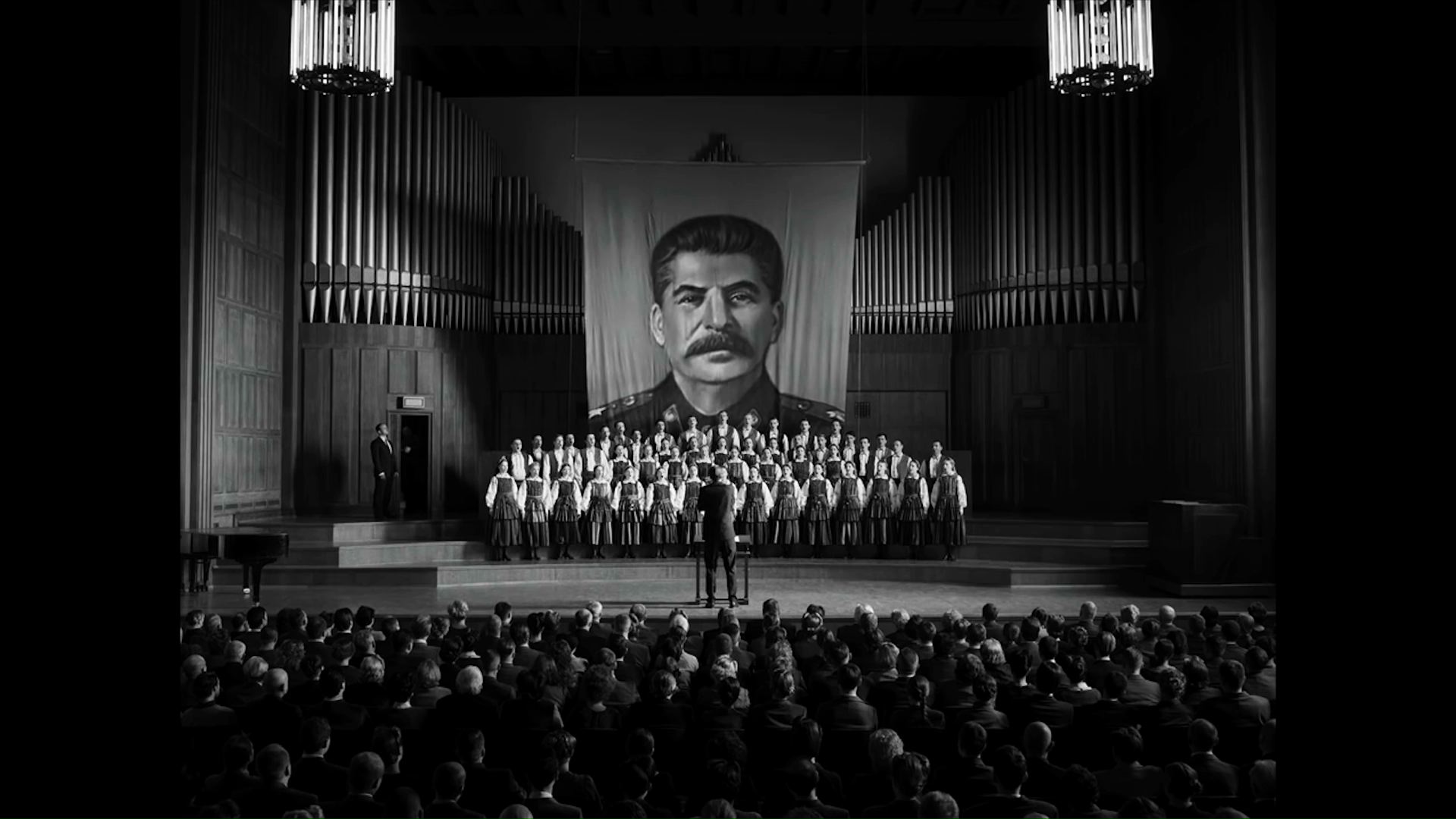
In Cold War Pawlikowski paints a nostalgic picture of tragic, toxic love in his film. An obsession and addiction that stubbornly cause Wiktor and Zula’s paths to cross again after each separation. The film portrays the turbulent relationship of the protagonists over 15 years. Due to the twists of fate, the lovers are not given the chance to experience a gradually maturing love or slowly developing passion. The director, therefore, condenses the story, showing only selected, pivotal stages of their relationship. We follow them living in the gray Polish reality, performing in Berlin as part of the Polish Mazurek, or, already more mature, shining in Parisian salons. Pawlikowski cuts sequences abruptly and without explanation, allowing the film to operate on the principle of constant ambiguity. It is up to the viewer to connect these scenes. This narrative approach allows us to observe how the lovers’ relationship develops in various circumstances – historical, social, and how the protagonists themselves change. Only their stubbornness and temperament seem unchanged, ominously hanging over their relationship.
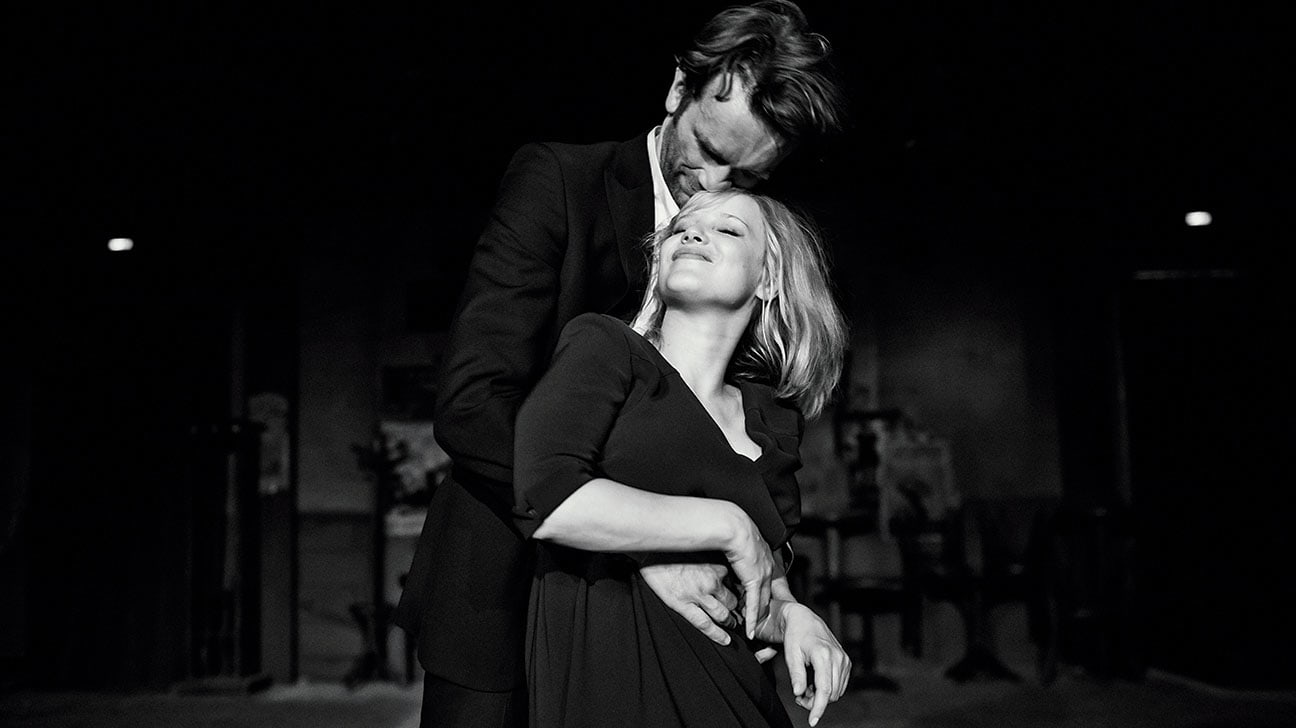
Like in Ida, Pawlikowski skillfully weaves the intimate story of the protagonists into the Polish historical context. He unobtrusively creates the image of Stalinist Poland. Burnt-out ruins, muddy dirt roads, but also slowly coming back to life – unfortunately under the shadow of severe socialist realism. Similarly, other settings are presented in a vivid and straightforward manner, sometimes even stereotypically. Paris is the homeland of the artistic bohemia, jazz bands, and elegant banquets. East Berlin, on the other hand, is depicted with cold, snowy streets lined with heavy buildings and guard towers. Everything, however, complements each other perfectly, creating a stylized world, enriched with well-chosen music. A melodrama played to the sounds of folk music intertwined with gentle, subdued jazz – such interesting, rhythmic solutions do not happen often.
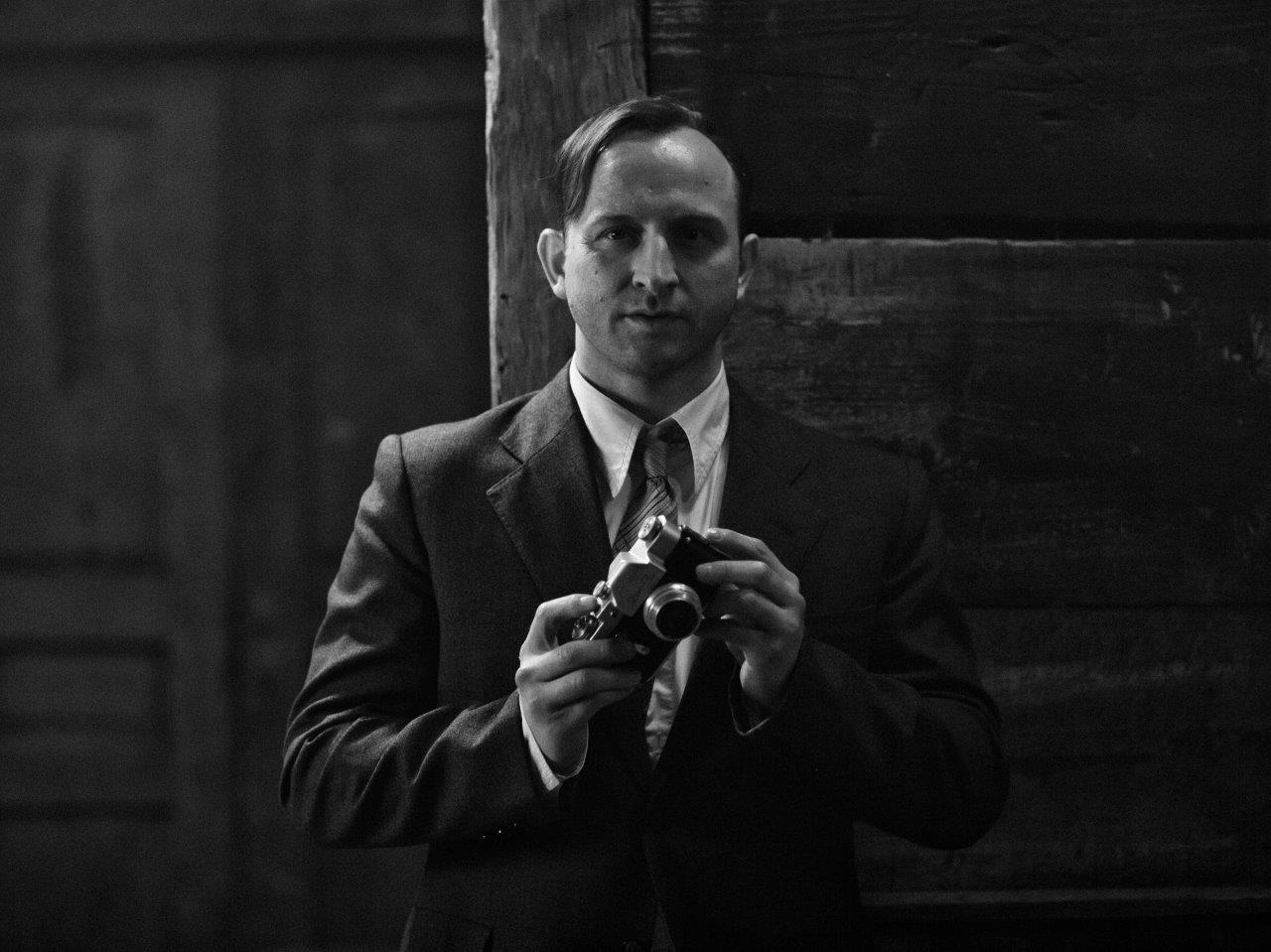
It’s impossible not to mention the plastic frames by cinematographer Łukasz Żal. Laconic, suggestive frames, at times almost unnatural like on Edward Hopper’s canvases. This proves that Paweł Pawlikowski is a director who approaches every image with pedantry and precision. It is said that he can do hundreds of takes to perfect that one ideal shot. The visuals are complemented by the film’s characters. The acting performances of Tomasz Kot and Joanna Kulig fill the frame to the brim. There is not a single unnecessary word or gesture in the film. Every expression seems meticulously planned. From the first glance between the protagonists, chemistry, but also a chasm, is created. During the process of creating music together, their strong characters – the distinguished, composed man and the brash, yet sensitive woman – temporarily complement each other. Most often, however, they create a painful dissonance.
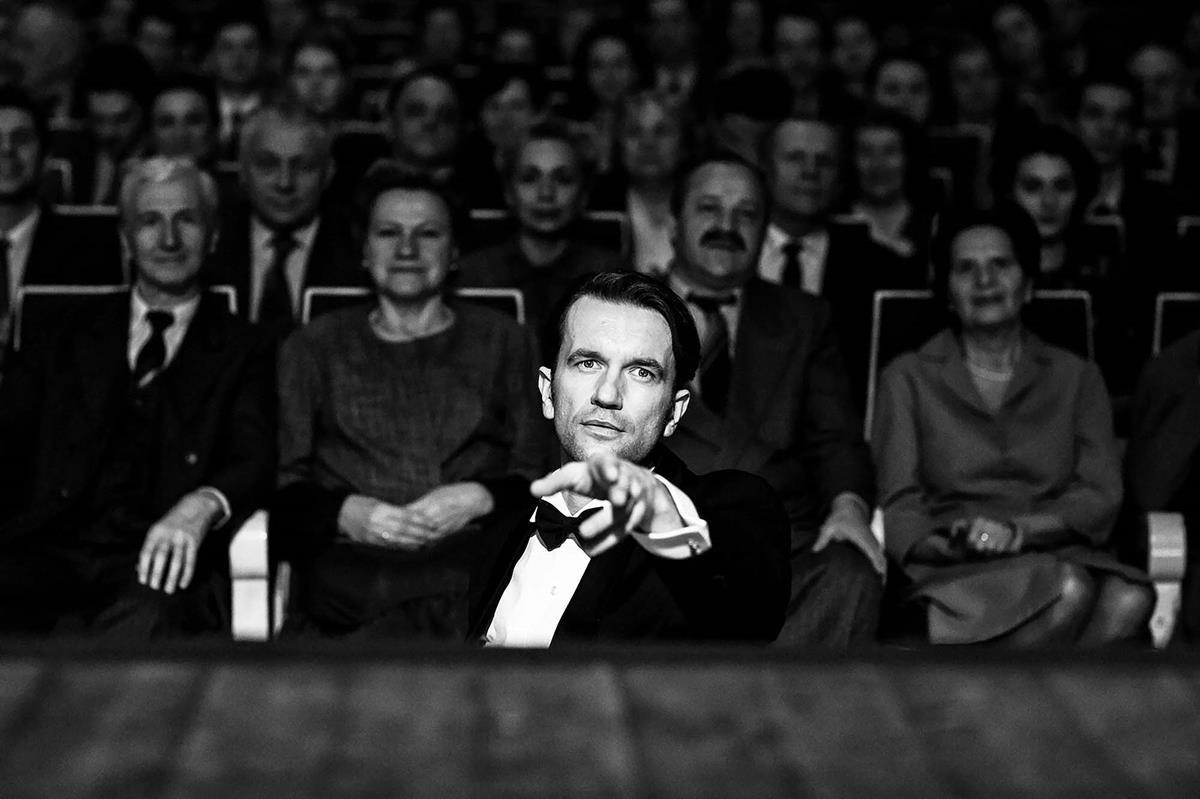
Cold War is an unconventional film, one of the director’s most personal works. While working on the screenplay, Pawlikowski drew inspiration from his parents’ story, and the film is dedicated to them. It impresses visually but also leaves a slight feeling of emptiness and insufficiency. All this due to the ambiguities hovering over successive sequences. Nevertheless, it managed to create a not necessarily painfully realistic, but piercing and vivid depiction of tragic and ruinous love that, despite everything, occasionally hides beauty within. Cold War enchanted the audience in Cannes and additionally brought him the award for Best Director as well as the Oscar nomination for . Now, nothing stands in Pawlikowski’s way to continue creating and promoting Polish cinema abroad.
